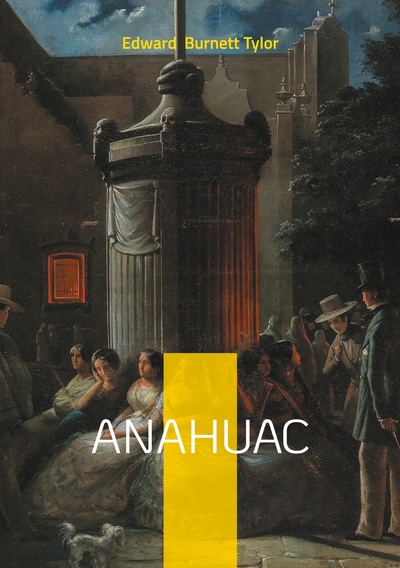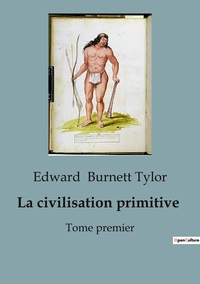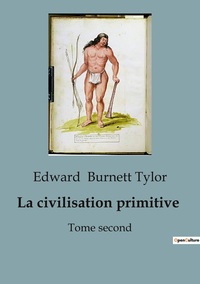Nous utilisons des cookies pour améliorer votre expérience. Pour nous conformer à la nouvelle directive sur la vie privée, nous devons demander votre consentement à l’utilisation de ces cookies. En savoir plus.
Anahuac
Books On Demand - EAN : 9782322516032
Édition papier
EAN : 9782322516032
Paru le : 25 mars 2025
19,90 €
18,86 €
Disponible
Pour connaître votre prix et commander, identifiez-vous
Notre engagement qualité
-
 Livraison gratuite
Livraison gratuite
en France sans minimum
de commande -
 Manquants maintenus
Manquants maintenus
en commande
automatiquement -
 Un interlocuteur
Un interlocuteur
unique pour toutes
vos commandes -
 Toutes les licences
Toutes les licences
numériques du marché
au tarif éditeur -
 Assistance téléphonique
Assistance téléphonique
personalisée sur le
numérique -
 Service client
Service client
Du Lundi au vendredi
de 9h à 18h
- EAN13 : 9782322516032
- Réf. éditeur : 389743
- Editeur : Books On Demand
- Date Parution : 25 mars 2025
- Disponibilite : Disponible
- Nombre de pages : 200
- Format : H:210 mm L:148 mm E:14 mm
- Poids : 298gr
- Résumé : "Anahuac" by Edward Burnett Tylor is a groundbreaking ethnographic study that offers readers a captivating journey into the heart of ancient Mexican civilization. Published in 1861, this work marks Tylor's first foray into the field of anthropology and lays the foundation for his later theories on cultural evolution. In this meticulously researched volume, Tylor recounts his travels through Mexico, providing vivid descriptions of the landscape, people, and customs he encountered. With a keen eye for detail, he explores the remnants of pre-Columbian cultures, offering insights into the complex societies that once thrived in the region. Tylor's approach combines firsthand observations with scholarly analysis, making "Anahuac" a pioneering work in the nascent field of anthropology. He examines various aspects of Mexican life, from religious practices and social structures to art and architecture, drawing comparisons with other cultures to illuminate the universal patterns of human development. This book is essential reading for those interested in Mesoamerican studies, offering a wealth of information on the cultural heritage of Mexico. Tylor's observations on primitive culture and his early formulations on the concept of survivals make "Anahuac" a crucial text in the history of anthropological thought. For enthusiasts of travel literature, Tylor's vivid prose brings to life the Mexico of the mid-19th century, painting a portrait of a land on the cusp of modernity yet still deeply connected to its ancient roots. Students of cultural anthropology will find in "Anahuac" the seeds of ideas that would later revolutionize the field. "Anahuac" remains a timeless exploration of human culture, offering valuable insights into the methods and theories that would shape the discipline of anthropology for generations to come.
- Biographie : Edward Burnett Tylor (1832-1917) was a pioneering British anthropologist widely regarded as the founder of cultural anthropology. Born into a Quaker family in London, Tylor's early life was marked by ill health, which prevented him from pursuing a traditional university education. This setback, however, led him to embark on a journey of self-education that would ultimately revolutionize the field of anthropology. Tylor's interest in primitive culture and cultural evolution was sparked during his travels to Mexico in 1856, which resulted in his first major work, "Anahuac." This ethnographic study laid the groundwork for his later, more comprehensive theories on the development of human societies. His seminal work, "Primitive Culture" (1871), introduced the concept of cultural evolution and established anthropology as a scientific discipline. Tylor's theory of animism and his method of comparative analysis became fundamental to the study of religion and society. Throughout his career, Tylor made significant contributions to Mesoamerican anthropology and the understanding of ancient Mexican civilization. His ethnographic studies and theories on cultural evolution influenced generations of anthropologists and continue to be debated in academic circles today. Tylor's legacy extends beyond his written works. He was appointed as the first Reader in Anthropology at Oxford University in 1884 and later became the first Professor of Anthropology in 1896. His dedication to establishing anthropology as a respected academic discipline paved the way for future scholars and researchers in the field. Edward Burnett Tylor's life and work exemplify the spirit of scientific inquiry and cultural exploration that characterized the intellectual landscape of the Victorian era. His contributions to the study of primitive culture and human societies continue to shape our understanding of cultural diversity and human development.



